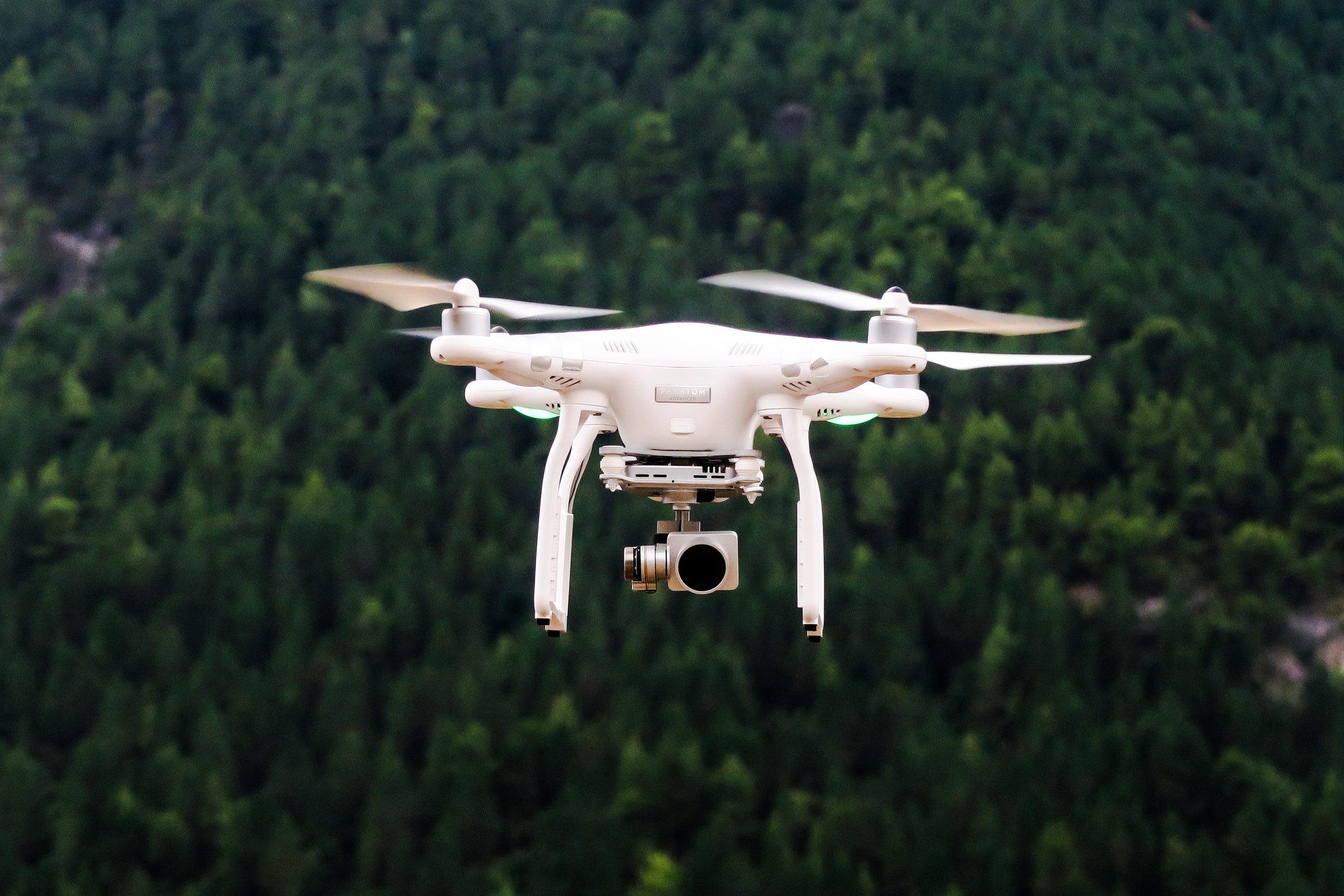
Drone development is indispensable. Besides being used for capturing scenic overviews and delivering pizza, drones have also helped rescue lives during emergencies like natural disasters. They’re even being used in Australia to stop shark attacks.
Around the world, drones are also proving to be game changers in MedTech applications. And U.S. federal officials are starting to take notice.
An Obvious Advantage
It makes sense when you think about it — drones have already demonstrated their capability to deliver medical supplies and tools during emergencies when lives are on the line. But much of the potential in drone technology is still untapped. “Drones are going to decrease the reliance on human beings that provide care and decrease the cost of assisting people,” says Dr. Jeremy Tucker, the regional medical director at MEP Health. “Being able to cross long distances at faster speeds to deliver blood products and lab samples also is a huge benefit. Now transporting blood products between hospitals, for example, involves vehicles on the ground that are prone to accidents and delays. Drones can help decrease those incidents.”
But current rules from the Federal Aviation Authority (FAA) heavily restrict drone usage in the United States. GPS-enabled drones can’t fly out of the operator’s sight. But the benefits that drones are offering to the rest of the world in mHealth applications are too big to ignore. Recently, President Donald Trump loosened the reins on drone testing. And the FAA could put a new policy in place explicitly for medical drones during 2018.
Catching Up With the Rest of the World
So what changed their mind? An overwhelming amount of evidence from the rest of the world probably helped. In 2012, drones played an integral role in delivering medical supplies all around Haiti after a devastating earthquake. Since then, drones have made a series of appearances in mHealth, like delivering contraceptives to remote African villages, ferrying blood and stool samples for testing in Madagascar, and bringing an automated external defibrillator (AED) to a 911 caller in Sweden suffering from a heart attack.
That last example spurred developers in Toronto to follow suit with an AED delivery program of their own. Similar to the scenario in Madagascar, the San Francisco developers of Matternet have partnered with UNICEF to streamline HIV/AIDS testing in Malawi. Zipline, another developer based in San Francisco, is collaborating with the Rwandan government to deliver blood products to 21 of the country’s hospitals.
Will mHealth Drones Take Flight in the U.S.?
While the above examples only scratch the surface of the numerous ways drones are improving mHealth around the world, they’re enough to catch the eye of U.S. officials. Zipline and the FAA already have a drone program in the works to deliver medical supplies to remote areas of the U.S., primarily in Nevada, Washington, Maryland, and a few Native American reservations.
Keller Rinaudo, the founder and CEO of Zipline, explains the gap that drones fill: “When you look at rural or isolated communities, particularly Native American populations, populations that live on islands, you have serious health outcome inequalities. There’s a linear relationship between how far away you live from a city and your expected lifespan. So our hope is that this type of technology can solve those kinds of inequalities.”
We’re optimistic that more MedTech drone programs will commence in the near future, but before that can happen, the regulatory framework must be laid down by U.S. officials first in order for them to succeed. Without order, the ensuing chaos could give U.S. citizens the wrong impressions of mHealth drones and end up setting the country back a few more years in this technological space. But we’re hopeful that U.S. officials realize this is a great chance to improve the current healthcare infrastructure of the country, and that opportunity is too big to pass up.





